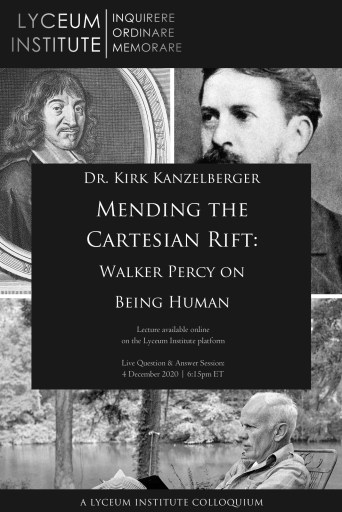The colloquium lecture delivered in June 2020 by Dr. Taylor Patrick O’Neill, “On Predestination and the Doctrine of Sufficient and Efficacious Grace in St. Thomas Aquinas” is now available to the public. You can listen or download below. Please consider supporting the Lyceum Institute if you enjoy this lecture! Your donations allow us to support talented academics like Dr. O’Neill in their research, teaching, and publications.
On Predestination and the Doctrine of Sufficient and Efficacious Grace in St. Thomas Aquinas
Dr. Taylor Patrick O’Neill

In this lecture, Taylor Patrick O’Neill gives a brief introduction to St. Thomas Aquinas’ doctrine of predestination with a special focus on how it relates to human freedom. Principles of a Thomistic understanding of providence provide a necessary backdrop for understanding election and reprobation while principles of a Thomistic understanding of grace provide a foundation for exploring the differences between election and reprobation, as well as a defense of contingency and authentic human freedom.
Additional attention is paid to the distinction of sufficient and efficacious grace in the Thomistic tradition.
If you enjoyed this lecture, please consider supporting the Lyceum Institute with a small donation.






